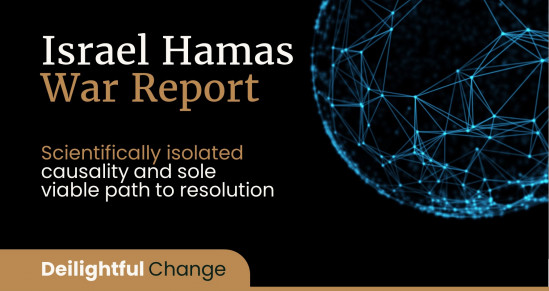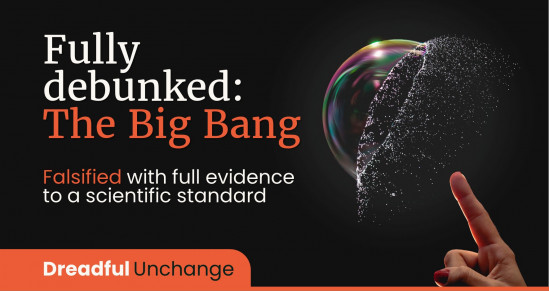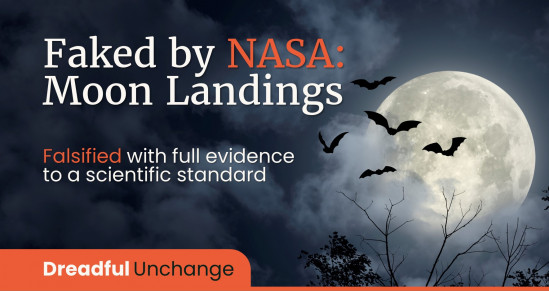"Women are fluffy, caregiving, nurturing, emotional and empathetic - right? All those lovely warm words that don't belong in the boardroom. But then I started looking into it and what I learnt really surprised me."
Join our founder, Ian Clarke in this engaging video podcast debate with Maria Castro, Co-Founder and Chief Growth Officer of Lead5050, on the fascinating question of which gender is more likely to go to war and which is most likely to win.
The topics of discussion surrounded:
Gender dynamics of warmongery
Masculine vs feminine leadership paradigms
The causes and effects of gender-specific behavioural dynamics
Our accompanying article on the same subject follows...
---
Speaking from Madrid for a NATO meeting to discuss the ongoing Russian war on Ukraine, UK PM Boris Johnson repeated an often-quoted claim that Russian President Vladimir Putin would not have invaded Ukraine if he were a woman, echoing comments from Meta COO Sheryl Sandberg back in March at an International Women’s Day event. But is this true?
If you were suspicious of this newfound passion for gender equality from a Prime Minister whose new cabinet is 76% men, congratulations - you were on the money. The premise women are more ‘peaceful’ than men and thus more likely to resolve geopolitical issues through diplomatic solutions is both factually incorrect and a form of oppression. That’s because it fuels the notion women might not be suitable for leadership roles because they are too ‘soft’ and cannot make tough decisions. So I’ll say it again, we know from genetics that gender and behaviour are not connected (Human Genome Project, 2003).
More Women, less wars… right?
Wrong! Throughout history, queens were more likely to wage war than kings.
In the 1st century, English Queen Boudica revolted against an occupying Roman army which itself was heavily under the influence of puppet mistress Queen Cleopatra from Egypt
In the 15th century, Queen Isabella unified Spain while Countess Caterina Sforza’s cunning and brutality helped her family rule Milan for a century.
In the 17th century, visionary military leader Queen Nzinga of what is now Angola resisted Portuguese invasions and slave raids for 30 years.
More recently, BBC Woman of the Millennium 1999 and 3rd Prime Minister of India Indira Ganghi led the Indo-Pakistani War in 1971 that led to the independence and creation of Bangladesh.
Between 1480 and 1913, Europe’s queens were +27% more likely than its kings to wage war (National Bureau of Economics, 2017). They were also better at it, with war queens more likely to take new territory than war kings.
Explaining different behaviour across genders
Much of this is thought to be down to management style and gender norms (Guilford, 2017). Women are more likely to involve their partners in strategic decisions, more likely to trust their partners to help rule the homeland during wartime, and more likely to seek help (or armies) from partners and friends. By contrast, men are encouraged from a young age to be more physically aggressive, with a direct and scientifically verified link to overconfidence and overreach.
The reason we think women are less likely to go to war than men today is that we see fewer women going to war. This ‘Observer Bias’ is due to there being just 26 women serving as heads of state across 24 governments in our world of 193 countries, -73% under-representation in world leadership (UNWomen, numbers as of September 2021).
Lessons for leaders and businesses
Today, management is a male-dominated, male-defined space, so much so that separating our stereotypes of masculinity and effective leadership is almost impossible. That’s why Falklands wartime leader Margaret Thatcher famously opted to undertake extensive emasculation training ahead of her 1979 appointment as UK’s first ever female Prime Minister. This loss of authenticity does two things:
Reduces their ability to garner trust and build strong interpersonal relationship by emanating detectable disingenuity
Undermines mental wellbeing, with common symptoms including anxiety, depression, eating disorders, addiction, rage, blame, resentment and inexplicable grief
Undermines successful womens ability to raise others like them up alongside, as doing so goes against male groupthink. This is vividly fueling ambivalence to the women’s rights movement as more and more females join the narrative that ‘women are their own worst enemy’.
To allow women into leadership without compromising their authenticity we must alter our definition of good leadership to include stereotypical behaviours from across genders. Or even better, simply to ‘good behaviours’.
Need a hand balancing the dynamics of your boardroom?
Coined by Emmeline Pankhurst herself, ‘Deeds not words’ captures the determination, allyship, authenticity, completeness and uniqueness of Lead5050’s vivid Change Making strategy, as one proven through history as the only sure-fire way to driving purposeful paradigm shifting change. The WSPU would be proud of the tradition and spirit of promoting women as a force for positive leadership that Lead5050 are role modeling to the world.

We'd already announced the Lead5050 Awards as the most authentic talent awards of the 2022 season – an accolade that will be affirmed in the forthcoming Walking the Walk Report 2023 - even before they in turn recognized us as 2022’s Champions of Change. 'Great minds think alike' only when great souls behave authentically – for the greater good.
Despite numerous broader commitments across other successful enterprises and social endeavours, their presence is felt across all mediums from awards to social media, events, accreditations, articles, partnerships and discussion forums. Harnessing the best of the things that make us Human, including where relevant masculine and feminine constructs, they champion truth, amplify Change Makers, know what their customers want, understand what people need to hear and represent us all in the fight against Oppression brought about by those who only opted to represent themselves.
Growing ever better at their craft whilst bringing out the best in us all as they move others along with them, these 3 indisputable signs of Benevolence signal the very essence of the words old English origins. Free Will, a neurologically rare power to create change runs through the veins of the corporate transformation engine that is Lead5050 – an even rarer phenomenon. Undoubtedly, we owe them more than we can ever imagine. Make no mistake. When it comes to driving change towards a fairer future with better outcomes for men and women alike, these ladies (and gentlemen) mean business.
Lead5050's formal assessment and accreditation service is now available to help you measure what you treasure and help you underscore with confidence that - when it comes to equal representation, safety, rights and opportunity for intersectional women across your organisation - you too mean business.
.png)



